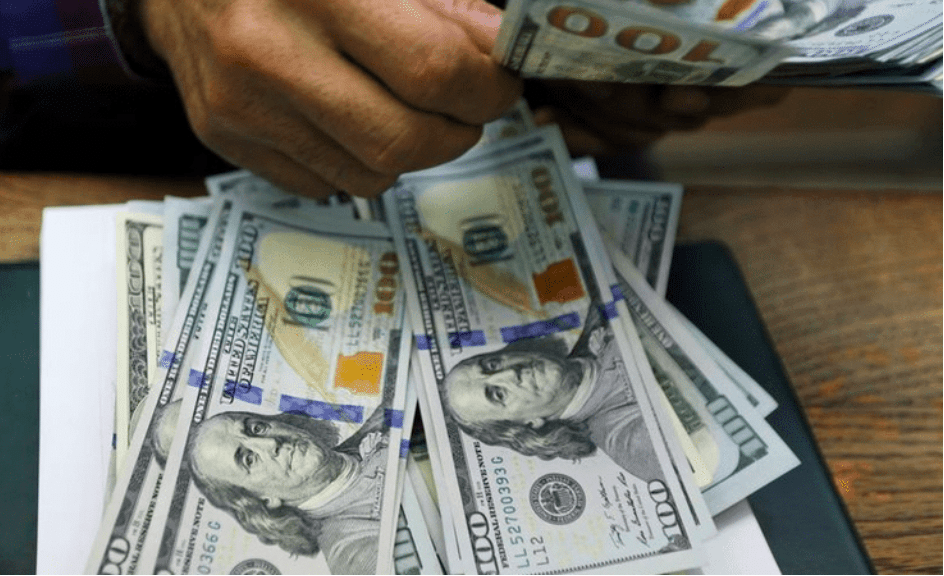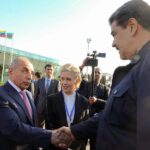
The Law of Tax on Large Financial Transactions (IGTF) reform is being carried out by the Venezuelan National Assembly, with the aim of strengthening the bolívar in commercial and financial transactions, as well as creating stability in regard to the exchange rates of foreign currencies.
It is also supposed that there will be a positive impact on price stabilization, which in turn will be effective in reducing speculation once the country has overcome the hyperinflation induced by financial warfare mechanisms of the US-imposed blockade.
“Our intention is to charge more those who have more, and charge less or not at all those who have less,” explained President Nicolás Maduro during a meeting in which he outlined the strategy for strengthening the working class.
RELATED CONTENT: Inflation in Venezuela Continues to Cool Down (+Tax on Transactions in US Dollars)
President Maduro highlighted that the reform made by the National Assembly will help to gain income through taxes on large companies. This will have “a very good effect on this year’s investments in social programs and in the strengthening of the bolívar.”
The core of the reform is that foreign currency transactions will be charged a tax at least equal to, or higher than that charged in bolívar transactions, thus giving greater incentive and confidence for the use of the national currency. Therefore, there is a possibility of raising the rate of non-conventional transactions with foreign currencies and cryptocurrencies.
How the law works
President Maduro informed that currently there are several million dollars legally deposited in more than 2.4 million foreign currency accounts in Venezuela’s banking system.
Regulations encourage and facilitate the opening of bank accounts with foreign currency savings. The use of foreign currency through debit cards, then, is more profitable than handling it as cash.
RELATED CONTENT: President Maduro Announces Expansion of Credit & Other Economic Decisions
On the basis of this volume of capital circulating within the local economy, the government is seeking to combat inflation and curb tax evasion from “the large sums of capital that seek refuge in the anonymity of cash payments.” This was explained by Vice President of Communication, Culture and Tourism, Freddy Ñáñez, via Twitter.
🔴 Luego de vencer la hiperinflación esta nueva consiste en la recuperación del Bolívar, el estímulo 100% de la economía digital y la justicia tributaria con lo cual se estabilizará definitivamente el precio del dólar y los precios de los productos
— Alfred Nazareth (@luchaalmada) February 8, 2022
The Law of Tax on Large Financial Transactions is designed for the safekeeping of a greater amount of foreign currency within the country’s banking institutions. This will result in the ability to grant credit to entrepreneurship and production, with the effect of a greater supply volume of products.
Tax free operations
It should be noted that, when paying for goods and services using bank cards, even in the case of dollar deposits, this will not generate a new tax payment with the new legal regulations, since the disbursement is in national currency.
Nor will the law have any impact on foreign currency purchase and sale operations, in the use of international cards, or when receiving remittances. Similarly, those who use foreign currency cash in shops or markets are exempt from the tax, since these types of operations do not fall into the “big business” or special contributors category.
Featured image: Hundred dollar cash bills. File photo
(RedRadioVE) by José Manuel Blanco Díaz
Translation: Orinoco Tribune
OT/GMS/SC

José Manuel Blanco Diaz
Vice President of the Radio Miraflores Foundation |http://radiomiraflores.net.ve | Presenter of | UCV Social Communication | UCV announcer
- José Manuel Blanco Diaz#molongui-disabled-link
- José Manuel Blanco Diaz#molongui-disabled-linkJune 17, 2022
- José Manuel Blanco Diaz#molongui-disabled-link
- José Manuel Blanco Diaz#molongui-disabled-link
Share this:
- Click to share on Twitter (Opens in new window)
- Click to share on Facebook (Opens in new window)
- Click to share on LinkedIn (Opens in new window)
- Click to share on WhatsApp (Opens in new window)
- Click to share on Reddit (Opens in new window)
- Click to share on Telegram (Opens in new window)
- Click to email a link to a friend (Opens in new window)




